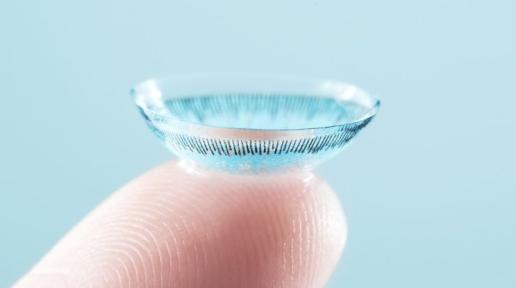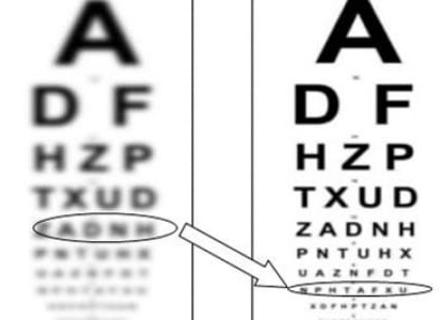No Screens for Babies: WHO’s Key Advice on Healthy Development
For several years, researchers and parents have been wondering about the potential danger that digital screens may have on a young and impressionable brain and vision. When children have too much screen time, they tend to become sedentary and isolated at the end. This lack of motor activity is not good for the body and also harms interactions with peers, which eventually leads to slower communication and social skills development.
According to the recommendations published by the World Health Organization, children under one year old should not have any contact with any type of screen.
The UN agency also warns that immobile time when using screens (watching TV or any electronic games) is not recommended for infants.
Screen time for children under 2 years old should be limited to a limit of less than one hour per day. "Less is better" adds the agency.
And this problem doesn’t concern only children. Technological giants such as Apple and Google have recently taken steps to make users of all ages more aware of how much time they spend with their gadgets.
On the other hand, some people say that children can get a lot of educational information using mobile devices. Indeed, it can be much more useful than playing a simple game, can't it? The problem here is finding the balance. A little screen time can be not harmful, but giving unlimited access to gadgets is definitely not the best solution.
WHO recommendations:
Children under 1 year old
-
should have at least a few episodes of physical activity per day, the more the better. Those who are not yet walking are advised to spend at least 30 minutes on the stomach on the floor for games
-
do not leave the child for more than an hour in a motionless state
- shouldn’t watch TV at all, shouldn’t play with a smartphone or tablet
- Sleep 14-17 hours (up to 3 months) and 12-16 hours up to 12 months including day sleep
Children under 2 years old:
- should have general physical activity for at least 180 minutes a day, the more the better.
- shouldn’t remain motionless for more than 1 hour
- shouldn’t spend more than 1 hour per day with any screens, the less the better. During limited activity it is recommended to communicate with adults - reading books or playing games.
- should have 11-14 hours of healthy sleep, including daytime sleep.
Children under 4 years old:
- should have at least 180 minutes of general physical activity per day, the more the better. It must include at least 60 minutes of moderate to intense activity
- should not remain motionless for more than 1 hour
- spend no more than 1 hour per day with any screen, the less the better. During the limited activity it is recommended to communicate with adults - reading books or playing.
- should have 10-13 hours of healthy sleep, including daytime sleep.
Increased physical activity, reduced periods of limited mobility and better sleep in young children contribute to their physical and mental health and wellbeing, and help prevent obesity and related diseases later in life.
These recommendations were prepared by a group of WHO experts and aimed at further healthy life. The early childhood period is a period of rapid development, and it is a time when certain habits regarding the person's future lifestyle are formed.






